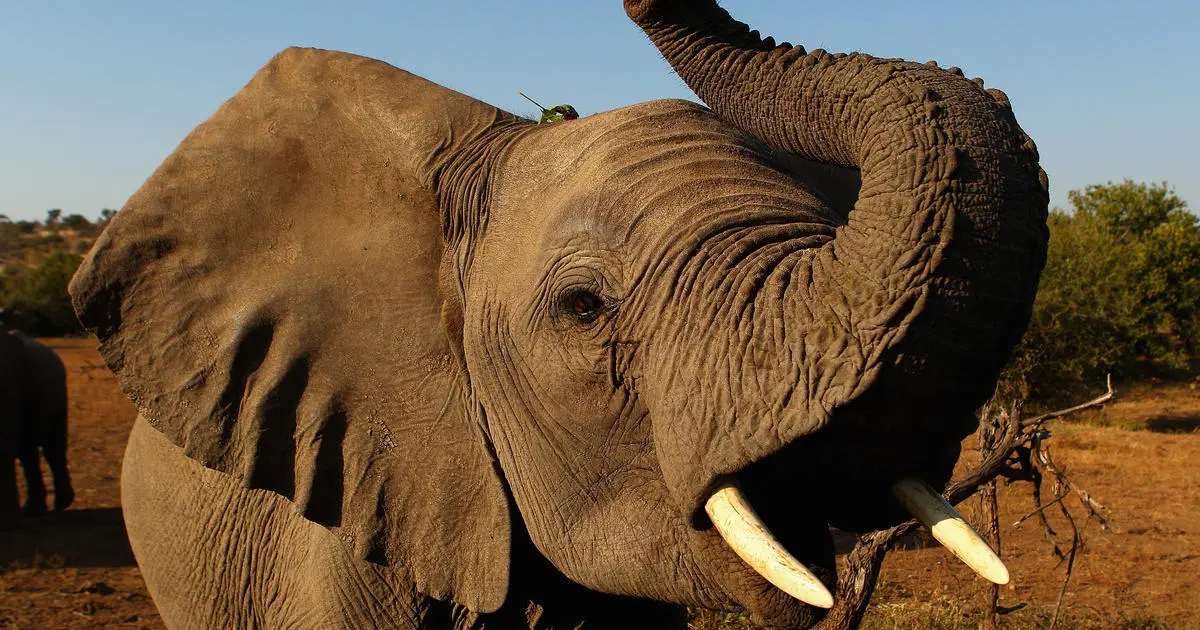
For the second time this year, Botswana has threatened to send thousands of elephants to Europe. In March, the southern African nation warned it would fill one of London’s parks with the animals.
Now, the president has said his country will send 20,000 elephants to Germany.
The warnings have been sparked by a diplomatic row as the UK and Germany mull the idea of stricter limits on the import of hunting trophies amid concerns over poaching.
In March, Botswana’s wildlife minister threatened to send 10,000 elephants to Hyde Park in London so the UK could “have a taste of living alongside them”.
It came as the British government raised the possibility of preventing UK safari hunters from importing trophies from their kills.
Germany has now voiced a similar possibility, prompting more backlash from the African nation.
Botswana says a ban on importing hunting trophies would be an economic blow for citizens by cutting safari revenue.
In addition, conservation campaigns have resulted in a boom in the elephant population and hunting is a vital means of controlling numbers, President Mokgweetsi Masisi told German daily paper Bild.
Botswana introduced a ban on trophy hunting in 2014 but reversed the decision in 2019 and began issuing yearly hunting quotas amid pressure from local communities who depend on the income from international hunters.
The growing population of elephants has meant herds have been wreaking havoc in the country, damaging homes, drinking water from pipes, feeding on crops and trampling people to death.
With elephant numbers now at around 130,000, President Masisi said this was “not a joke”.
“We would like to offer such a gift to Germany,” Masisi stressed, adding that he would “not take no for an answer.”
Germany is the largest importer of African elephant trophies in the European Union, according to a 2021 report by the Humane Society International while Botswna is home to the world’s largest elephant population.
The southern African nation already gifted 8,000 of the animals to Angola and offered another 500 to Mozambique.
